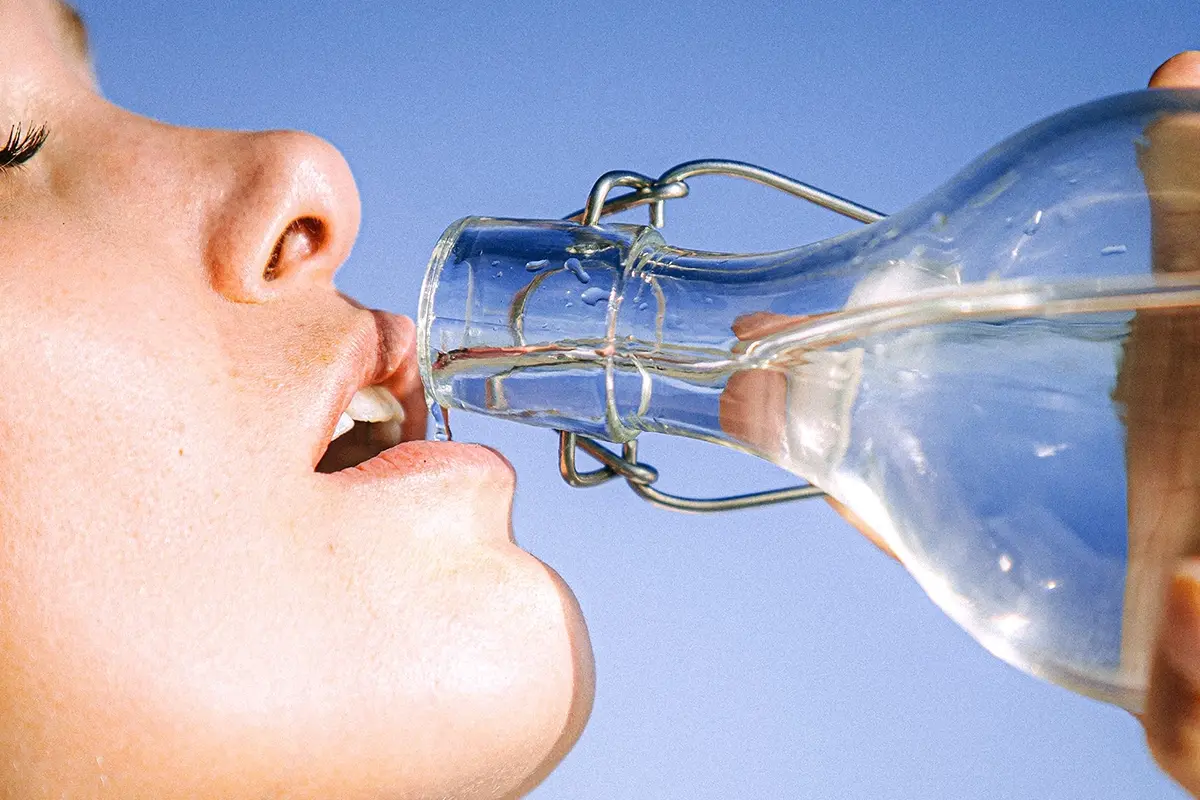 Dry mouth, medically known as xerostomia, is a condition characterized by a lack of saliva production in the mouth. Saliva plays a crucial role in maintaining oral health by lubricating the mouth, aiding in digestion, and preventing bacterial overgrowth. When saliva production is insufficient, individuals may experience discomfort, difficulty speaking and swallowing, and an increased risk of oral health problems.
Dry mouth, medically known as xerostomia, is a condition characterized by a lack of saliva production in the mouth. Saliva plays a crucial role in maintaining oral health by lubricating the mouth, aiding in digestion, and preventing bacterial overgrowth. When saliva production is insufficient, individuals may experience discomfort, difficulty speaking and swallowing, and an increased risk of oral health problems.
The Causes
Several factors can contribute to the development of dry mouth. Diet plays a significant role, particularly consumption of sugary or acidic foods and beverages, which can impair saliva production over time. Smoking and tobacco use are also known to exacerbate dry mouth symptoms due to their drying effects on oral tissues. Moreover, certain medical conditions such as diabetes, Sjögren's syndrome, and autoimmune disorders can impact saliva production, leading to xerostomia. Additionally, various medications, including antihistamines, decongestants, and antidepressants, may have dry mouth as a side effect, further contributing to the condition.
The Impact
The impact of dry mouth extends beyond mere discomfort, as it can significantly compromise oral health. Saliva helps to neutralize acids in the mouth and remineralize tooth enamel, thereby protecting against cavities and tooth decay. When saliva production is diminished, the risk of dental caries and gum disease increases. Furthermore, the absence of saliva can create an environment conducive to bacterial growth, potentially leading to oral infections such as thrush or oral candidiasis. Therefore, addressing dry mouth is crucial not only for alleviating symptoms but also for preserving overall oral health.
Treatment of Dry Mouth
Treatment for dry mouth often involves addressing the underlying causes and managing symptoms to improve saliva flow and alleviate discomfort. Consulting a medical professional is essential to identify any underlying medical conditions contributing to xerostomia. In some cases, adjusting medications or treating underlying health issues can help alleviate dry mouth symptoms. Additionally, lifestyle modifications such as staying hydrated, avoiding tobacco and alcohol, and maintaining good oral hygiene can help mitigate the effects of dry mouth.
Various over-the-counter and prescription products are available to help alleviate the symptoms of dry mouth. Moisturizing mouthwashes, lozenges, and oral sprays can provide temporary relief by lubricating the mouth and stimulating saliva production. Additionally, sugar-free gum or candies containing xylitol can help stimulate saliva flow. It's important to choose products specifically formulated for dry mouth, as some oral care products may exacerbate symptoms.
Dry mouth is a common yet often overlooked condition that can have significant implications for oral health and overall well-being. By understanding the causes, impact, and treatment options for xerostomia, individuals can take proactive steps to manage symptoms and maintain optimal oral health. Seeking guidance from a healthcare professional is crucial for proper diagnosis and management of dry mouth, ensuring long-term oral comfort and health.



